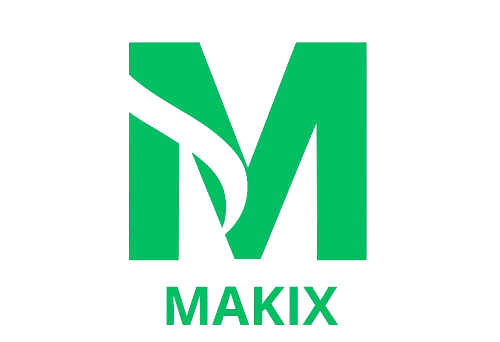Workplace conflicts are an inevitable part of any organization. Differences in communication styles, work expectations, or personal issues can lead to misunderstandings or disputes between employees, managers, and teams. If left unresolved, these conflicts can negatively impact morale, productivity, and overall workplace harmony. Employment mediation services provide Employment mediation services a structured and neutral way to resolve these issues, helping organizations maintain a positive and cooperative working environment.
What Are Employment Mediation Services?
Employment mediation services involve the use of a neutral third party, known as a mediator, to assist in resolving disputes between employees or between employees and employers. The mediator’s role is not to make decisions or impose solutions, but to facilitate communication, encourage understanding, and help the parties involved come to a mutually agreeable resolution. Mediation is typically voluntary, confidential, and aimed at finding win-win solutions to the conflict.
Common Types of Workplace Disputes Addressed by Mediation
- Discrimination Claims: Employees may feel they have been unfairly treated based on race, gender, age, disability, or other protected characteristics. Mediation can help clarify misunderstandings and address any perceived biases.
- Harassment Issues: Disputes related to inappropriate behavior, bullying, or harassment between employees or supervisors can be effectively addressed through mediation before escalating to formal complaints.
- Performance and Role Conflicts: Misunderstandings about job expectations, work roles, and performance evaluations can lead to tension. Mediation helps both parties clarify their concerns and agree on expectations.
- Workplace Policies and Procedures: Disagreements over workplace policies, disciplinary actions, or procedures can cause frustration among employees. Mediation helps ensure that policies are interpreted fairly and consistently.
- Team Conflicts: When team members experience interpersonal issues, misunderstandings, or clashes in working styles, mediation can help resolve these tensions and improve team dynamics.
How Employment Mediation Works
- Pre-Mediation Preparation: Before the mediation session, the mediator will typically meet with each party separately to understand their perspective, gather relevant information, and set ground rules for the session.
- Mediation Session: The mediator brings the parties together in a neutral space, where both sides can present their concerns. The mediator facilitates the discussion, ensuring that each party is heard and that the conversation remains respectful.
- Exploring Solutions: After understanding the issues at hand, the mediator helps both parties brainstorm potential solutions. The mediator’s role is to encourage cooperation and find common ground.
- Agreement: If the parties reach a mutually acceptable resolution, the mediator will help document the agreement, ensuring that all involved parties are clear on the outcome and next steps. In some cases, the agreement may be formalized as part of the company’s policies.
- Follow-up: In some instances, mediation may include follow-up meetings to ensure the agreed-upon solution is implemented and to monitor progress.
Benefits of Employment Mediation Services
- Cost-Effective: Mediation is typically less expensive than litigation or formal legal action, saving both time and money for both employees and employers.
- Improved Communication: Mediation encourages open and respectful communication, helping employees and employers better understand each other’s perspectives.
- Confidentiality: Mediation is a confidential process, which ensures that sensitive issues discussed during the process are not made public. This protects the privacy of both the employee and the employer.
- Preserving Relationships: By focusing on collaboration and understanding, mediation helps preserve professional relationships and improves the workplace atmosphere.
- Faster Resolution: Mediation is typically faster than formal grievance procedures or legal action, allowing employees to resolve their issues and move forward more quickly.
- Customized Solutions: Unlike formal legal proceedings, mediation allows for creative, customized solutions that meet the specific needs of the parties involved.
When Should Employment Mediation Be Used?
Employment mediation should be used when conflicts arise that may otherwise escalate into formal grievances, lawsuits, or disciplinary actions. It is particularly useful in resolving disputes at an early stage before they become entrenched and more difficult to manage. Employers who provide access to mediation services can help create a proactive, solutions-oriented workplace culture that reduces the likelihood of conflicts damaging employee relationships.
Conclusion
Employment mediation services are an invaluable tool for resolving workplace disputes in a way that is fair, constructive, and mutually beneficial. By promoting open communication, preserving relationships, and finding creative solutions to conflicts, mediation helps organizations maintain a positive work environment. With its focus on collaboration rather than confrontation, mediation offers a path to resolving workplace issues quickly and effectively, benefiting both employees and employers alike.
